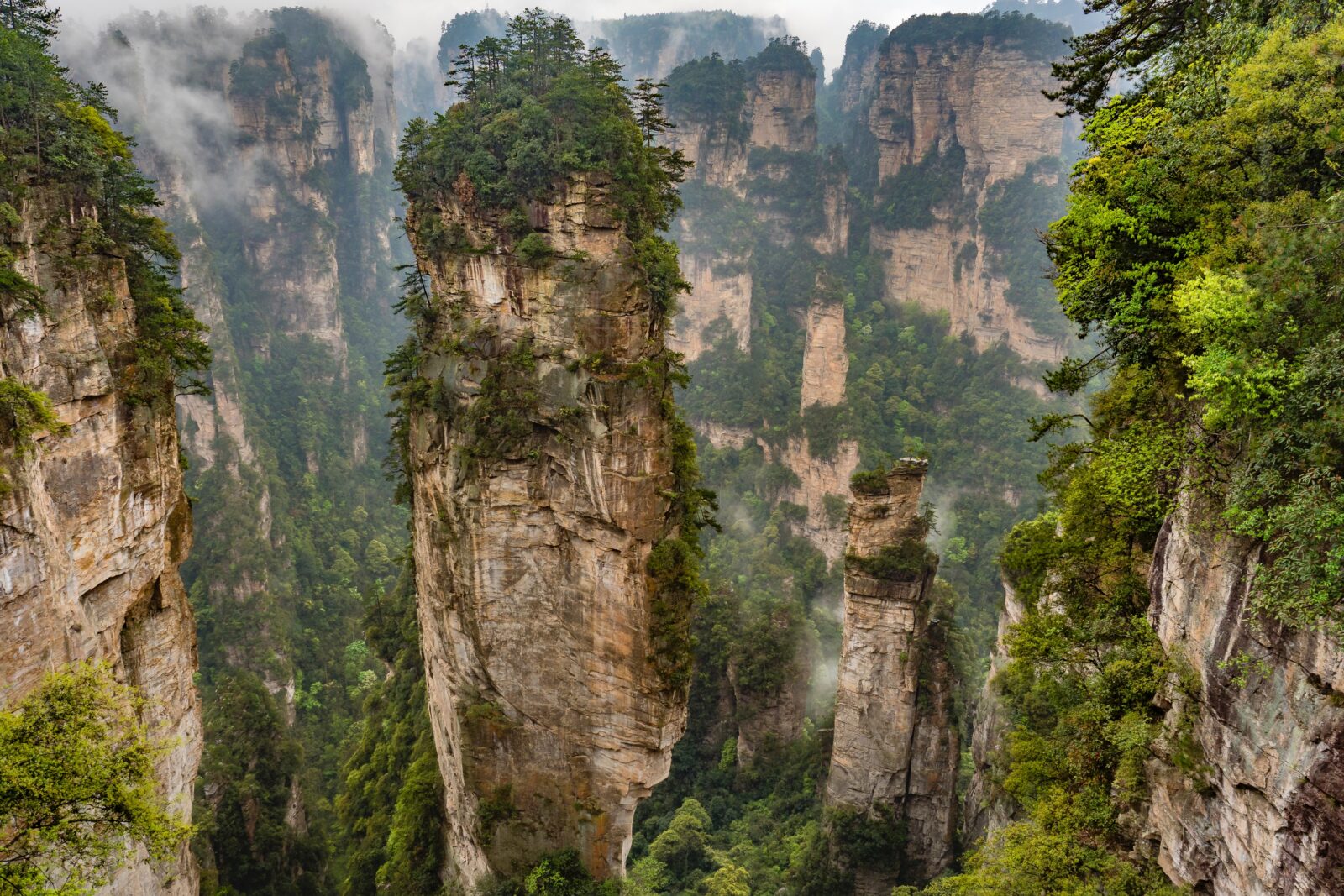The year remains young. Immense change has swept over Washington, DC. While the coronavirus now is more than a year old, we anticipate 2021 will bring new advances in our collective battle against the disease.
With so many fresh beginnings, we want to turn to the many ways to celebrate new tea at Ku Cha House of Tea.
We carry more than 250 varieties of tea. You probably have tried some of them, and we thank you. But roaming through the world of tea is sort of like treasure hunting, only without the poor odds. With tea, every turn reveals a new gem!
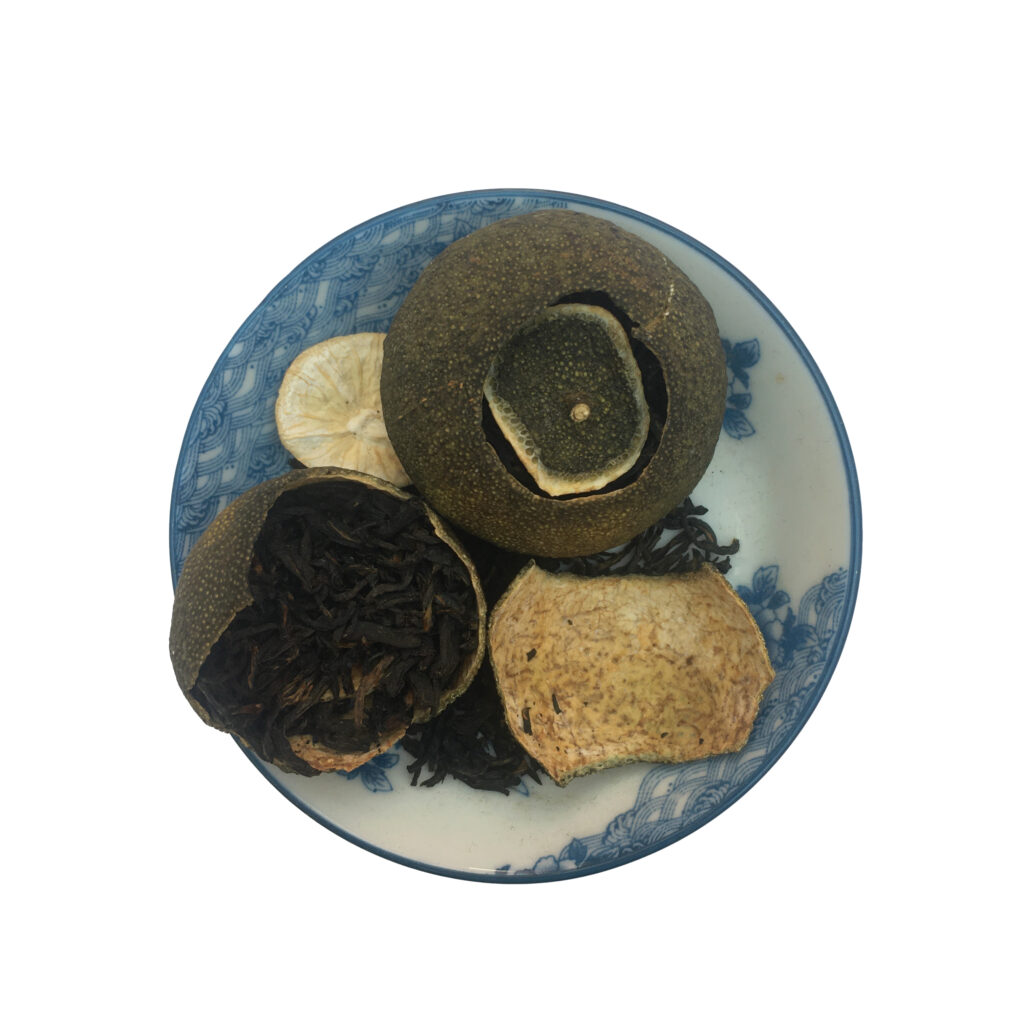
Tea encased in a hollowed-out tangerine? Try it!
For example, have you ever tried a Tangerine Black Ball? In XinHui, China, tea artisans remove the pulp and meat from tangerines while leaving the skin intact. They then fill the hollow tangerine orbs with black tea, and let them age. Our tangerine balls have been aging since 2016, and offer loads of robust flavor. If you add pieces of the dried tangerine skin to the tea, count whispers of orange to the taste.
In China people swear by the balls for health benefits, including cough suppression, chest inflammation and soothing rebellious stomachs. We endorse these uses. But we especially prize the tea for its flavor.
We also offer tangerine balls filled with fermented pu-erh tea, rather than black tea.
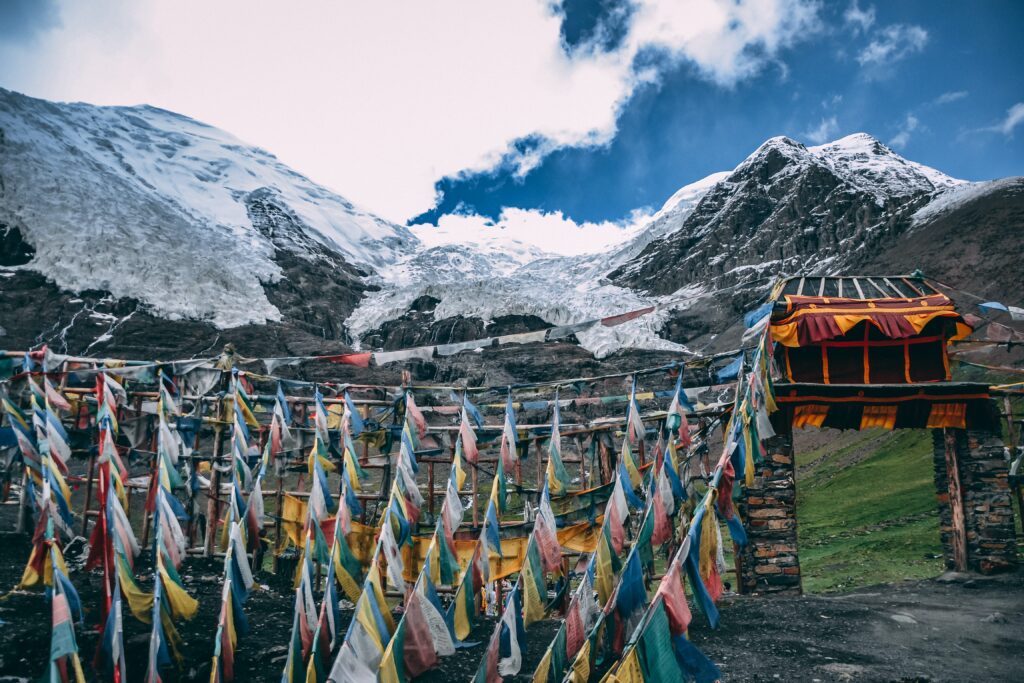
Tibetan tea is a fermented “dark” tea
Have you ever tried Tibetan tea? We venture the answer is no.
People in Tibet craft this tea out of fermented, coarse tea leaves and twigs. Like Chinese teas that are fermented but not pu-erh, it falls into the category of “dark tea.” We carry several dark teas.
The tea is an important part of Tibetan culture, providing energy and vitamins and nutrients that are often missing from Tibetan’s meat-based diet. Fermentation helps invest nutrients in the tea.
An old Tibetan saying reinforces the centrality of this tea to the culture: “I’d rather live three days without food than living one day without tea.”
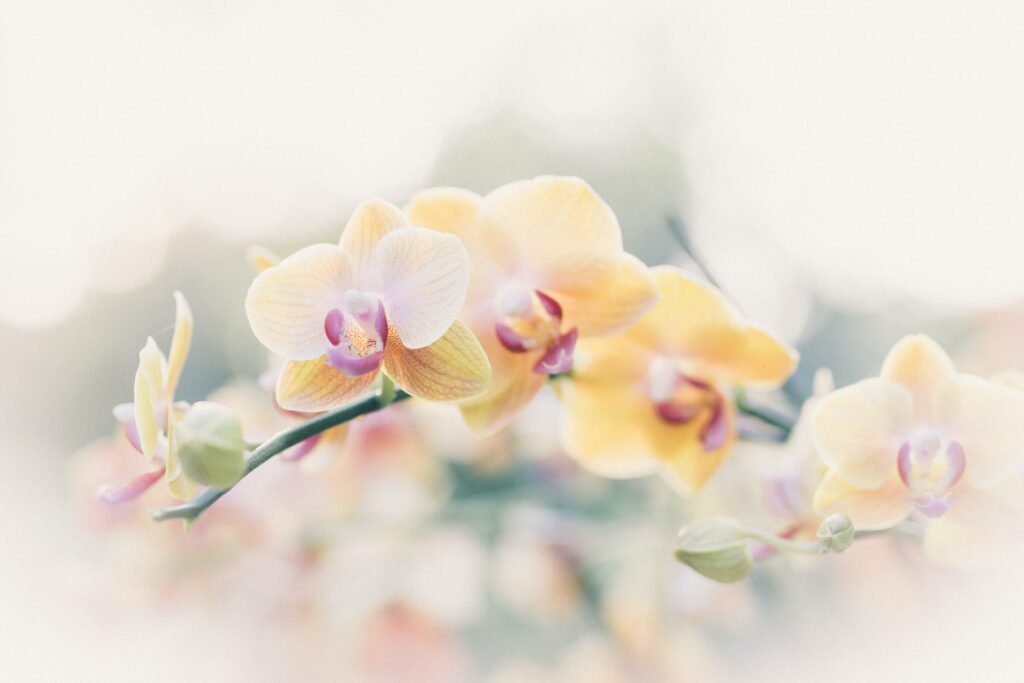
Single-grove tea makes Dan Cong unique
For your new tea adventure, also consider Dan Cong, which translated means “single grove.”
This signature oolong tea comes from China’s GuangDong Province, the most southern oolong-producing region of China. The tea’s aroma and flavor suggests it has been steeped in orchids and apricots, although it is just tea leaves. The unique flavor probably comes from its production. Dan Cong teas, per the name “single grove,” are teas in which each grove of trees is harvested and processed individually. The groves produce tea leaves that broadcast their own fragrances.
Wandering through our shops and our online store presents myriad new discoveries. But even if you have tried nearly everything, today we suggest one tea that we know you have not tasted. It’s brand new to Ku Cha.
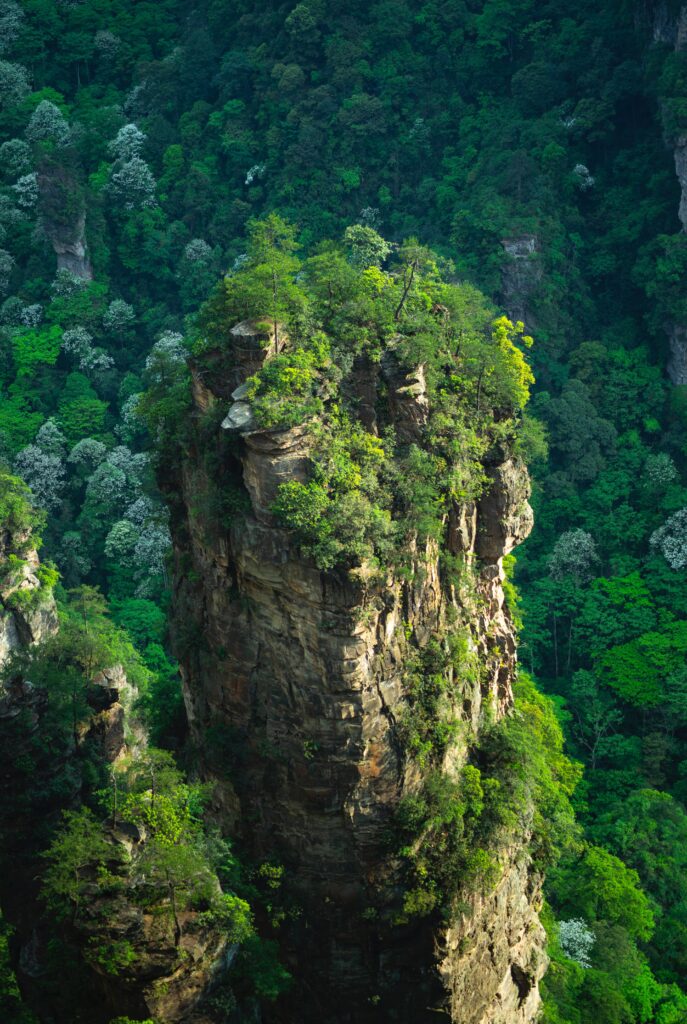
Black Peony grows in cinematic terrain
This new tea offers intense floral fragrance and a sweet, refreshing flavor. The combination matches descriptions of the place where Black Peony is grown, the Zhangjiajie National Forest Park in the Wuling Mountain region of Hunan Province. The Park is intense, sweet and refreshing.
If you saw the movie Avatar, you have a sense for Zhangjiajie — the film’s setting, with its soaring pillars of rock surrounded by dense forest, was based on the Park. The nearly 12,000-acre park was the first to be recognized by China as a national park, in 1982. It’s part of a much bigger protected zone called the Wulingyuan Scenic Area. This 153-square-mile area is a UNESCO World Heritage Site.
The Park is also home to the Chinese Giant Salamander, an enormous amphibian that spends its days exploring the Park’s caves, pools and wild patches of forest.
The salamander is rare, and so is our Black Peony tea! The unique environment where it is grown is temperate (it sometimes snows), moist and often misty — excellent conditions for growing tea.
We are delighted to import this special tea from China’s famous Wuling Mountains. If you are looking for something new, this is a great place to start.

